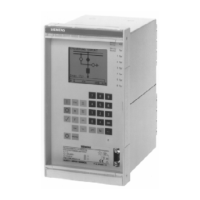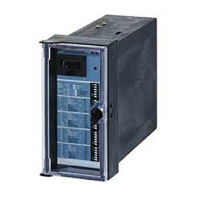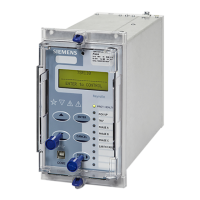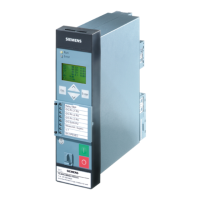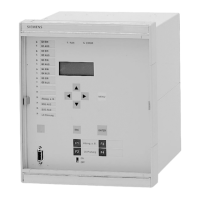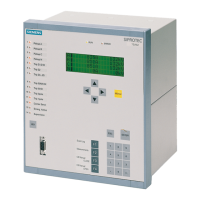User-Defined Objects
Overview
With help from user-defined function groups and user-defined functions you can group user-defined objects,
for example user-defined function blocks. 2 user-defined function blocks are available (see following figure).
[scudef_lib, 1, en_US]
Figure 3-73 User-Defined Objects in the DIGSI 5 Library
The user-defined function block allows you to add (see following figure) single-point indications, pickup indi-
cations, operate indications (ADC, ACT), single and double commands, commands with a controllable whole
number as well as measured values. You can assign the group a superordinate name (for example process
indications for a group of single-point indications which are read via binary inputs). This function can be deac-
tivated using the mode. The standby mode is also analyzed or displayed.
The user-defined function blocks can be instantiated at the highest level (alongside other function groups) as
well as within function groups and functions.
In addition, there is a user-defined function block [control]. Alongside the aforementioned possibilities
presented by user-defined function blocks, this block offers additional tests for user-defined control signals,
for example SPC or DPC.
These are described in chapter 8.6.1 Overview of Functions.
[scbenutz-260912-01.tif, 1, en_US]
Figure 3-74 Information Routing with Incorporated User-Defined Function Block: Process Indications and
some Single-Point Indications
3.7
3.7.1
System Functions
3.7 User-Defined Objects
154 SIPROTEC 5, Overcurrent Protection, Manual
C53000-G5040-C017-8, Edition 07.2017
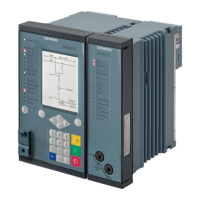
